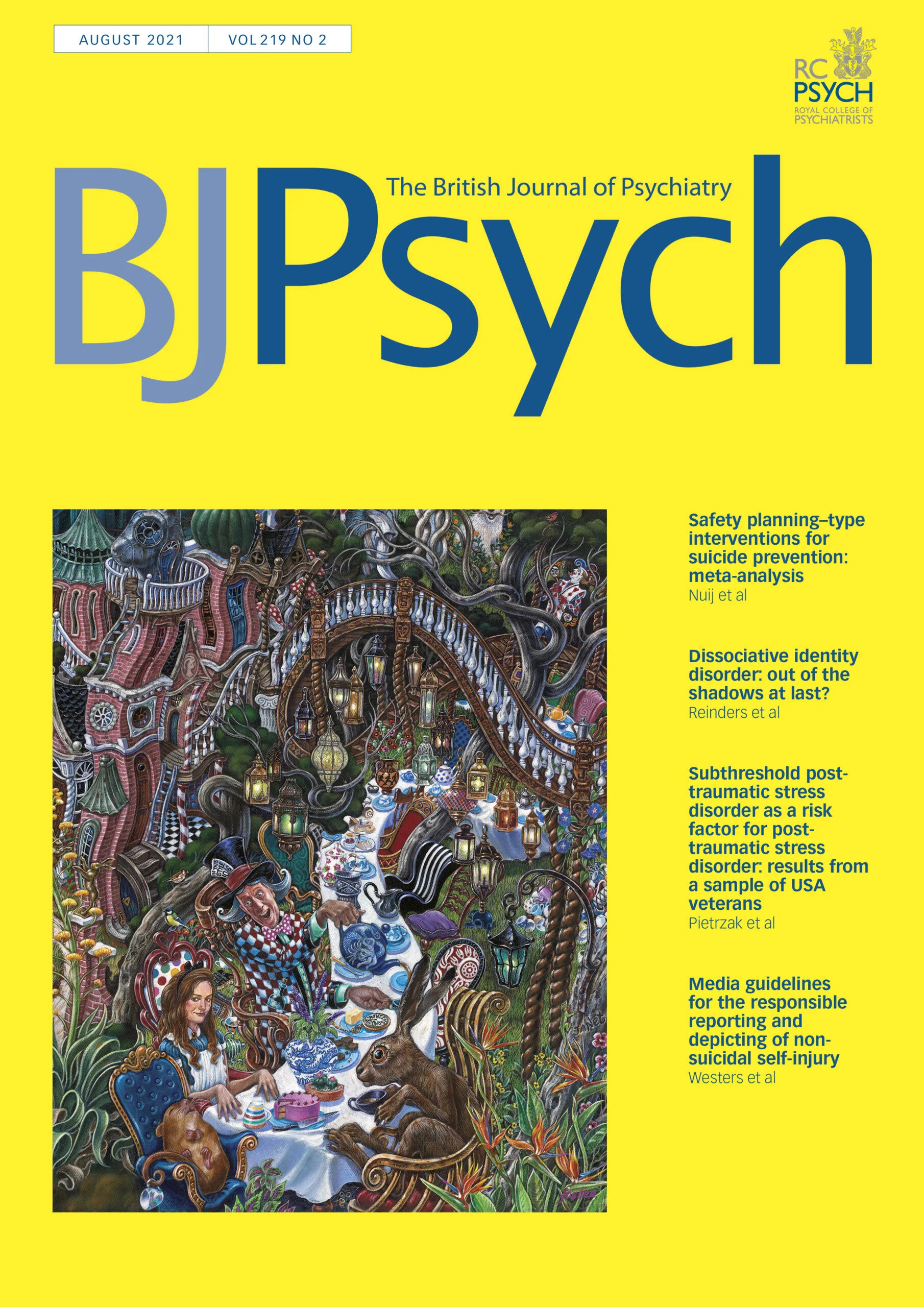August 2021
/Clearly, each patient brings unique issues to therapy, but there has been almost no research on allocating therapists based on complementing these. It's an interesting omission when we consider that the therapeutic relationship is an important factor, and no one would propose that every clinician is equally skilled in all areas. Constantino et al1 tackle this in a trial of 218 patients randomised in a double-blinded manner to strength-matched or assignment-as-usual psychotherapy from a pool of 48 therapists. Therapists’ strengths were pre-determined across a dozen ‘problem domains’ of the Treatment Outcome Package, assayed using 15 or more historically treated cases. This led to a rating for every therapist of effective, neutral or ineffective in each domain. There were then several ‘match levels’ for participants in the good-fit therapist group: these went from therapists being effective on the three greatest need domains and not ineffective in any others, to being not effective in the need domains but also not ineffective elsewhere.


